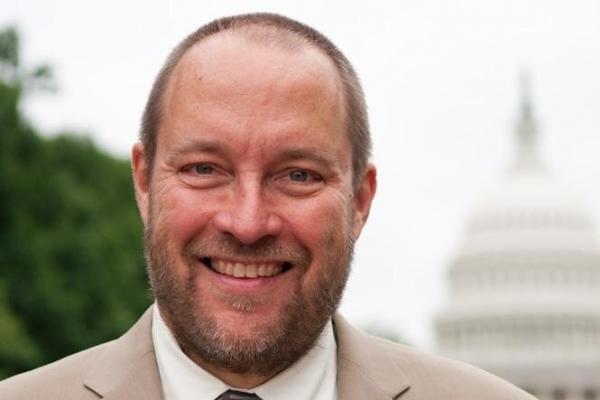Jun 28, 2017
Evangelicals believe that people and nations are sufficiently blessed by God’s common grace that we can seek the good of others, as well as our own welfare. As a result, we are prepared to work together across partisan divides and to respect those with whom we may differ on policy choices. Our churches bring together Democrats, Independents, Republicans, and people who have no political affiliation at all. Our call to protect programs that serve our most vulnerable neighbors transcends any political party.
Read the Full Article

Already a subscriber? Login
